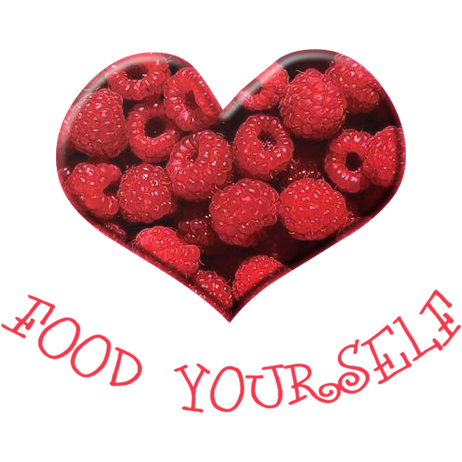According to Dietitians of Canada it’s a myth that we need to drink 8 glasses of water a day. I know some water-haters out there who will be jumping up and down right now but before you get too exited, let me explain.
Read MoreShould pizza be classified as a well-balanced meal? Let me guess - your brain is screaming “no,” but your stomach is trying to rationalize it – right? Well, maybe your stomach is onto something: pizza’s main ingredient is tomato sauce, which is made from a vegetable. The added toppings, such as pineapple, could be classified as a serving of fruit, the cheese could count as a much-needed serving of calcium and the crust could be a serving of grains. So then why does this feel so wrong?
Read MoreIn the last 20 years there has been a dramatic increase in the percentage of individuals who are obese. This problem is occurring not only in North America, but also in many other countries where Westernized dietary patterns are increasing in popularity. This wasn’t obvious to me until I started traveling and noticed that McDonald’s could be found in almost every country! Taking into account our current obesity trends and the fact that everyone’s New Years resolution is to lose weight – I thought this would be a good time to give you the skinny on fad diets.
Read MoreIt’s December 18th, you’ve just started Christmas shopping and your list is huge, so you venture into a mall with the hope of getting in and out as soon as possible. But, the lines are long, people are miserable, and the crowds are claustrophobic. It’s now been a couple of hours and you’ve been doing well but all the sudden someone elbows you the wrong way and you’ve lost it – you are officially hangry! What is it?
Read MoreDid you know to ‘cut the cheese’ means to fart? Apparently this old expression originated when someone noticed that the smell of fresh cut cheese resembled the smell of a fart…I’m not sure what kind of cheese they were cutting, but you get the point. As I’m sure you’ve noticed, cheese has been receiving a lot of media attention recently, so I thought I would take this opportunity to let you in on some of cheese’s secrets.
Read MoreA couple of weeks ago we decoded three similar yet very different food terms. To recap: a food guide serving refers to the total amount of food recommended daily from each of the four food groups. While a food label serving is a specific amount of food that contains the quantity of nutrients listed on the Nutrition Facts Label and last but not least portions can be thought of as the amount of a specific food an individual eats. Following this post, I had a couple of comments regarding reading food labels, so I thought I would touch on this while the topic is still fresh.
Read MoreOn November 1st, 2011, Health Canada announced that they will start the long process of regulating energy drinks, such as Red Bull, under the Food and Drug Act. What great news! Having energy drinks regulated as “food” will force these beverages to have a Nutrition Facts table, allowing Canadians to inspect the drink’s sugar, calorie and caffeine content and make more informed purchasing decisions.
Read MoreNovember is probably my least favourite month. The weather is terrible, the clocks fall back, which means it’s dark by 4:30, the only ‘holiday’ is Remembrance day and it’s flu season!!!! Time to indulge in oranges and vitamin C supplements, or so you thought.
Read MoreOne bagel equals two-three servings of grains, according to Canada’s Food Guide, it has a recommended serving size of 113g, and counts as one portion. Confused? Consumers appear to be confused about serving sizes, what they mean, and how to use them. Complicating the problem are large portions of food that are becoming the norm in many eating establishments. Hopefully this post will decode some of these confusing definitions.
Read More








